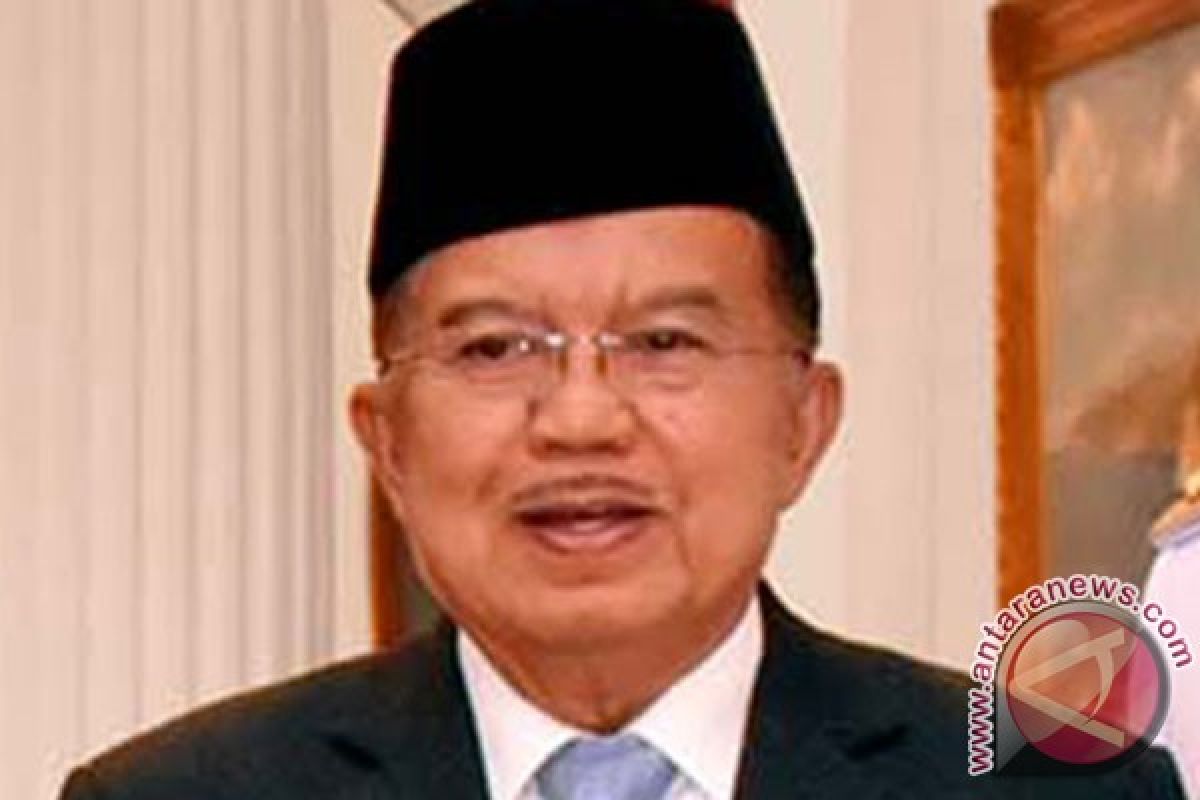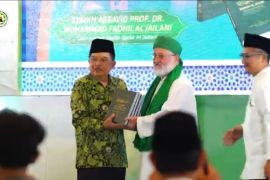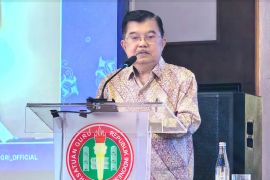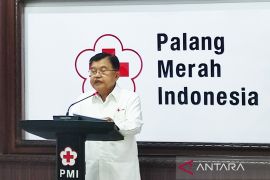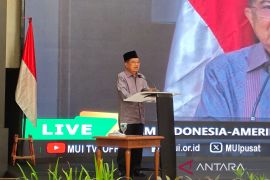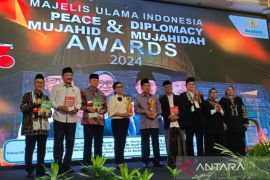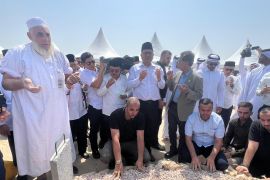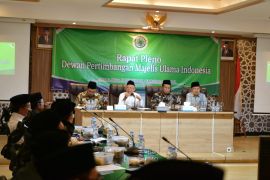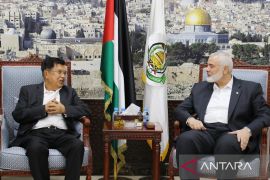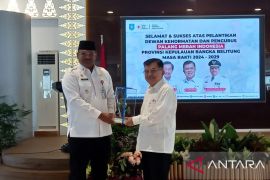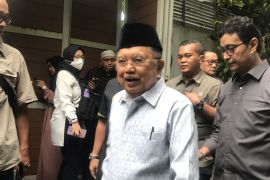The proposal is still relevant to the cooperation established by the D-8 20 years ago in this city, he said here, Friday.
"Twenty years ago, we established cooperation to improve the position of developing Muslim countries in the global economy," he said.
The D-8 Summit held here on October 19 and October 20 was attended by leaders of eight member states, representatives of two non-member states, Azerbaijan and Guinea, and seven other organizations.
Kalla stated the D-8 had benefited all its members, but it had not fully achieved its objectives.
The trade among the D-8 member states reached an estimated US$100 billion in 2016, or 6.6 percent of the total trade of D-8 member states. The figure is targeted to triple to US$303 billion in 2018, or 20 percent of the total trade of D-8 member states.
For its part, strong efforts are needed to boost the trade among the D-8 member countries, he noted.
At the meeting, Kalla proposed first, building stronger cooperation among the D-8 member states by involving the private sector; second, strengthening cooperation in the maritime sector as a key sector for trade; and third, promoting South-South cooperation to develop economic opportunities in the D-8 organization.
There is correlation between the economy and the private sector. Cooperation between the D-8 governments and private companies will increase economic empowerment and strengthen the capacity of the private sector,he emphasized. Hence, he proposed regular business forums to discuss the matter.
The D-8 member states are Bangladesh, Egypt, Indonesia, Iran, Malaysia, Nigeria, Pakistan and Turkey.
The organization was established with the aim of improving the member states position in the global economy, diversifying and creating new opportunities in trade relations, enhancing participation in decision-making at the international level, and improving the standards of living.(*)
Editor: Heru Purwanto
Copyright © ANTARA 2017
